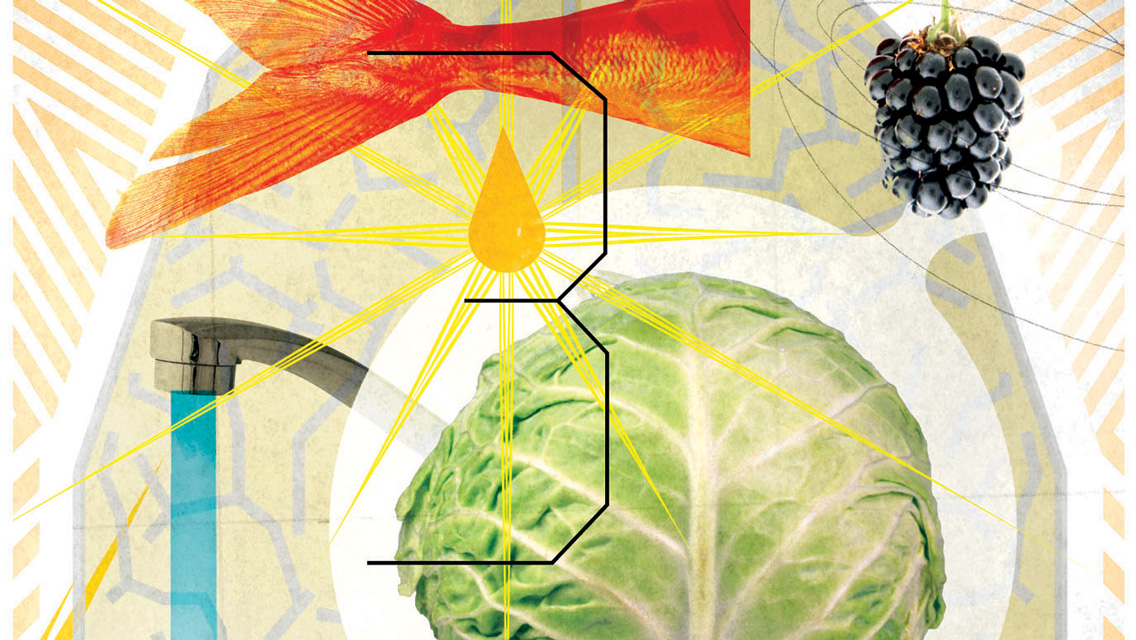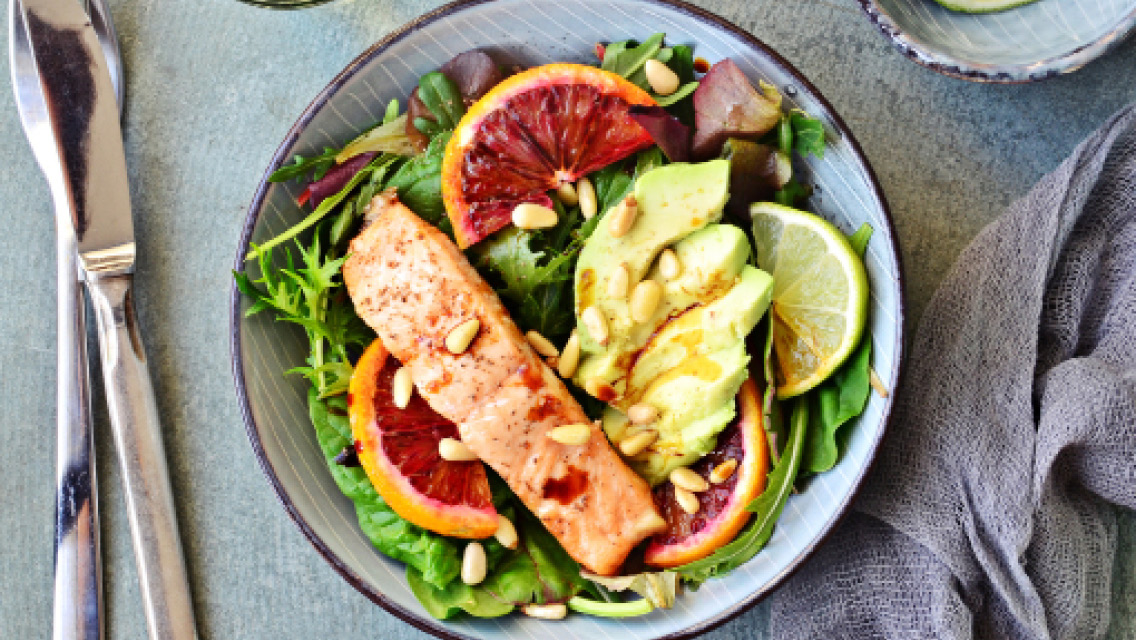When you’re anxious or afraid, your body detects a threat. The sympathetic nervous system responds by flooding your body with cortisol, preparing it to react. In this state, digestive processes are suppressed as blood flow is redirected toward bigger interior muscles, ones that enable you to put up your dukes or run like the wind. This is not the time to think about food, after all: Your body is convinced that it’s time to escape danger.
Sometimes, appetite loss also occurs when we feel sad. Some healthcare providers see this as an early warning sign of depression: A loss of interest in food may indicate a broader disinterest in regular activities.
Not eating, says psychologist and eating-disorder specialist Rachel Millner, PsyD, may be part of a coping strategy that helps numb emotions we’d rather not experience. “For some people, eating less can dull some of the feelings.”
This was excerpted from “9 Common Questions Answered About Hunger Cravings” which was published in Experience Life.





This Post Has 0 Comments